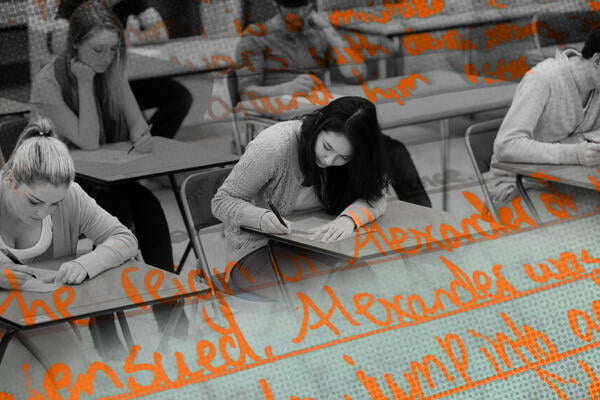
"Ryckman emphasized the importance of student engagement, noting that while she hoped students would share opinions, AI-written responses continued to flood in despite her efforts."
"The move back to handwritten assignments is part of a broader trend as educators grapple with the challenge of maintaining academic integrity in the age of AI."
"As Ryckman prepares for the next semester, she's contemplating various methods to ensure authentic responses, indicating that policing AI use is becoming increasingly burdensome for instructors."
"Professors across the country are echoing similar sentiments, with many shifting assignments to handwriting to combat the ease of using generative AI tools."
Melissa Ryckman, a history professor at the University of Tennessee Southern, is navigating the challenges of AI in education by adapting her methods. After students submitted AI-generated responses despite wanting them to engage personally, she plans to require written answers in class, possibly by hand. This shift reflects a wider trend among educators combating the prevalence of generative AI tools in student assignments. The resurgence of handwritten work echoes a collective concern for academic integrity and genuine student engagement, as many professors grapple with the ease of AI assistance in completing academic tasks.
Read at Inside Higher Ed | Higher Education News, Events and Jobs
Unable to calculate read time
Collection
[
|
...
]